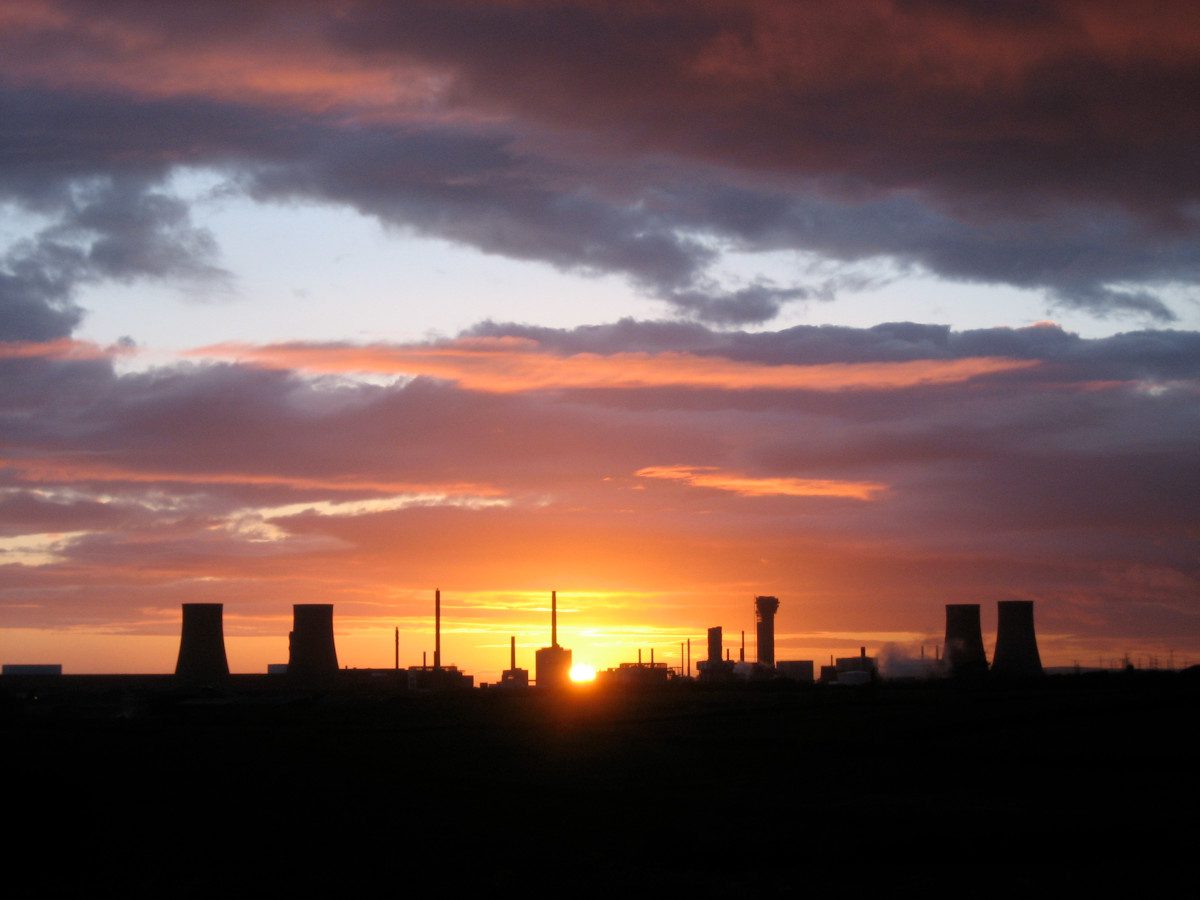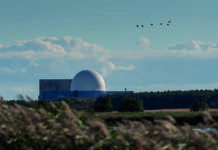
A new research collaboration brings together researchers and industrialists from the UK and Japan to explore novel ways to detect and dispose of radioactive nuclear debris.
Funded by the UK, and in partnership with the Japanese government, the research will support work to decommission the Sellafield Nuclear Plant in the UK and remove radioactive debris from the Fukushima nuclear accident in Japan.
The University of Strathclyde has been awarded a share of £1 million, delivered by the Engineering and Physical Sciences Research Council (EPSRC), part of UK Research and Innovation.
Dr Paul Murray from the Department of Electronic and Electrical Engineering at Strathclyde will lead research to improve the detection, safeguarding, retrieval and disposal of radioactive debris.
On 11th March 2011, a major earthquake followed by a tsunami caused an unprecedented accident in the Fukushima nuclear power plant in Japan. Fukushima Dai-ichi reactors suffered core meltdowns in the following days. Since then, complex activities for the removal of the melted fuel have been planned, where one of the main challenges is the characterisation of nuclear fuel-debris, including its detection, safeguard, retrieval and disposal.
Participants in the new initiative comprise a complementary and multidisciplinary team including researchers from Lancaster University, the National Nuclear Laboratory (NNL), Osaka University, the Japan Atomic Energy Agency (JAEA) and Nippon Nuclear Fuel Development Co., Ltd. Together, they will explore the use of hyperspectral imaging (HSI) along with other sensor technologies, signal processing and data fusion for the effective characterisation of nuclear fuel-debris.
Dr Murray said: “We anticipate that the proposed research will lead to new and highly valuable inspection technology which can support nuclear decommissioning in Japan, the UK and around the world.”
The UK-Japan Civil Nuclear Research programme is a partnership between UK Research and Innovation and the Ministry of Education, Culture, Sports, Science and Technology (MEXT). This is the first UKRI award through the International Science Partnerships Fund (ISPF) which was launched by Science Minister George Freeman in Japan in December.
The ISPF supports collaborations between UK researchers and innovators and their peers from around the world to address global challenges, build knowledge and develop the technologies of tomorrow on the major themes of our time: planet, health, tech and talent.
George Freeman MP, UK Minister of State at the Department for Science, Innovation and Technology said: “After I launched the International Science Partnerships Fund in Japan, last year, it is only fitting that our first UKRI award from the Fund, is in partnership with Japan too.
“Processing nuclear waste is an enormous challenge for human civilisation. Bringing together the UK and Japan’s brightest minds, to focus our shared expertise in sensing, data, chemistry and more, cuts to the core of what this Fund and our science superpower mission is all about – harnessing UK scientific leadership through deeper international collaboration for global good, to tackle the most pressing needs facing humanity.”
A second research project by the University of Sheffield, will also lead a study to use calcined clays as natural resources to engineer ‘geopolymer binders’. The binders will safely cement solid radioactive fuel debris from molten core concrete comprising metallic alloys, oxides, and silicates, and slurries and sediments
Professor Christopher Smith, International Champion at UKRI, said: “International partnerships are crucial to ensuring we learn from each other and harness the extraordinary potential of research and innovation to overcome challenges and future proof our safety and wellbeing in the UK and around the world. These new investments are an example of this.
“Experts from across the UK and Japan will work together to find innovative solutions to safely detect and dispose of radioactive nuclear debris to protect and safeguard local environments now and for future generations.”
This programme builds on a long-standing relationship between EPSRC and the Japanese research community and government.







